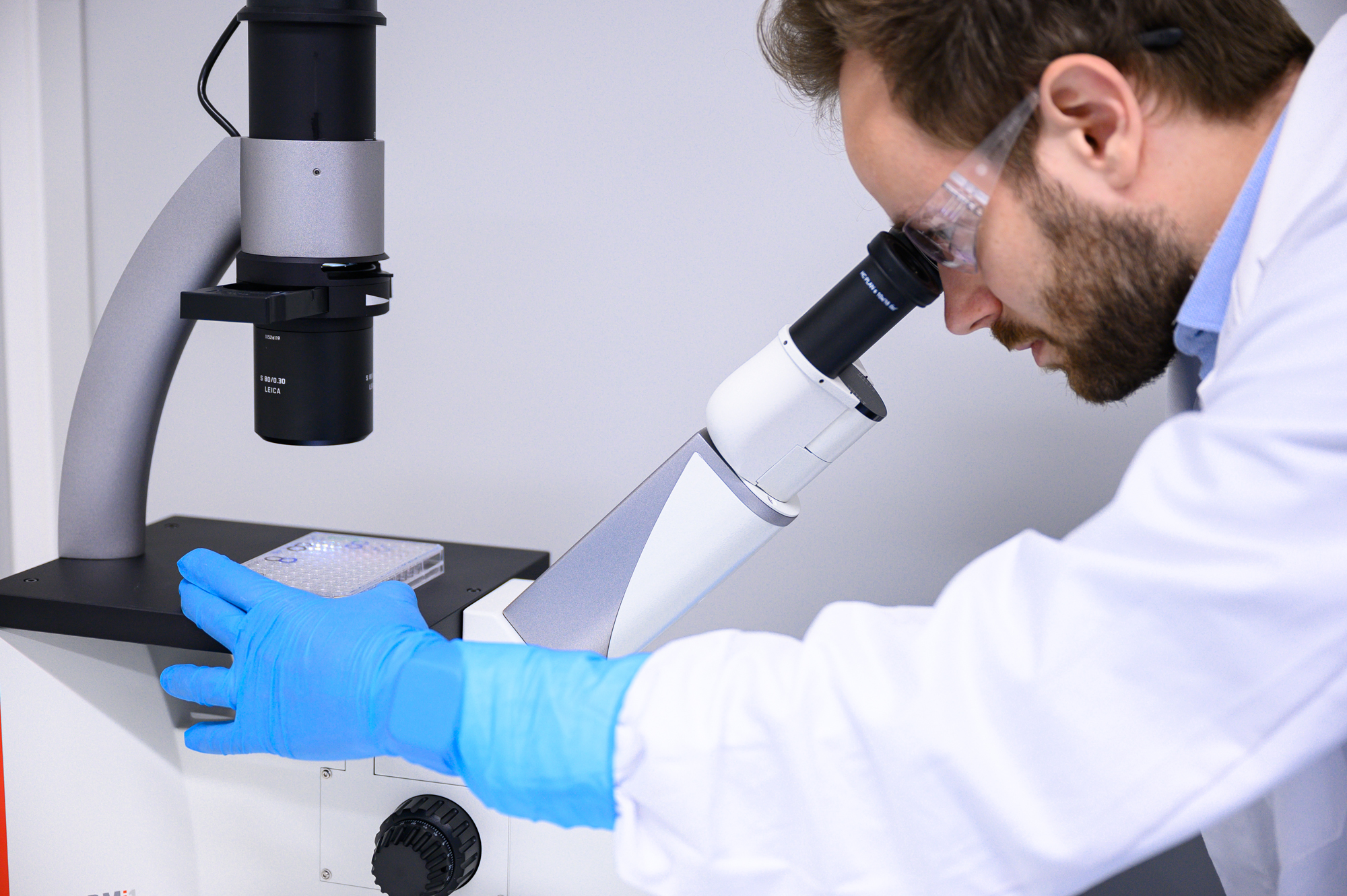
Leveraging AI to foster sustainable consumer goods


Lucas joined the SDSC Innovation team as a Data Scientist in November 2020 (till 2025). Previously he had worked in data related roles at the New York State Attorney and at Ericsson. He holds a BSc in Economics from Bocconi University, a MSc in Urban Science and Informatics from New York University as well as a MSc in Machine Learning from KTH Royal Institute of Technology. Over the course of his academic and professional career he has worked on a variety of topics, from computer vision tasks for automated driving to financial fraud detection to generating data driven insights to inform urban policy decisions.


Alessandro joined the SDSC in March 2019 as a data scientist focused on industry collaborations. His mission is to support corporates in leveraging the power of their data by adopting analytical approaches and data-centric solutions. His background is in biomedical engineering, with a PhD in neuroscience from the University of Tübingen. Before joining the center, he worked as a postdoc at the Max Planck Institute for Biological Cybernetics, at the EPFL Laboratory of Cognitive Neuroscience in Geneva, and as data scientist for a private ecommerce company.

Automated recommender system for more sustainable ingredient alternatives.
Context
The consumer goods industry is under considerable pressure. Both the market, specifically consumers, and regulatory agencies worldwide are urging it to become more sustainable. An example of the increased regulatory pressure is the proposal by the European Union to ban certain everyday chemicals such as PFAS (1) as well as the EU Green Deal legislation demanding eco-friendlier products. Meeting such market needs and regulatory requirements is ushering in one of the largest transformations in the consumer goods industry.
Staying ahead of this transformation and working towards satisfying and meeting ambitious sustainability targets, brands are constantly seeking to innovate and to adapt their business practices. Choosing more sustainable ingredients for their products, such as bio-based raw materials from traceable and trusted sources, is a key effort for achieving these targets.
However, sourcing and condensing complex sustainability profiles of ingredients throughout the whole supply chain is burdensome and requires, more than anything else, collaboration with other industry players. At the same time, functional aspects and properties of products, such as manufacturing efficiency and product safety, must be maintained.
Today, manufacturers go through a research-heavy and laborious process to identify the optimal ingredients and suppliers for their products. Effectively searching for more sustainable alternatives is almost impossible because information is scattered across various sources, such as supplier PDF documents and regulatory filings. At the current pace, most brands won't be able to achieve their sustainability targets on time without partially automating their processes.
The case for generative AI
Covalo provides the largest consumer goods ingredients database, enabling industry players to search for products and suppliers as well as to connect with one another seamlessly to exchange crucial information. Its mission is to speed up sustainable product development.
Thus, Covalo is committed to making the consumer goods industry more transparent and sustainable by allowing industry players to identify, qualify, and source sustainable alternatives.
Through its collaboration with the Swiss Data Science Center (SDSC), Covalo is applying different AI technologies such as large language models (LLM) and Recommender Systems to provide real-time recommendations for sustainable alternatives to existing ingredients.
Objectives
- Source sustainability data and define a sustainability index per supplier and ingredient.
- Develop a pipeline based on large language model (LLM) to make the documents instantly searchable
- Coupled with state-of-the-art Named Entity Recognition solution to automatically extract structured information on ingredients, including sustainability criteria, from various sources, i.e. more than 23’000 supplier-provided PDF documents and regulatory filings.
- Consolidate raw data through this LLM-based pipeline to build a complete dataset in order to create a consistent and solid knowledge base.
- Integrate mechanism to automatically update and populate Covalo’s ingredient database.
- Measure functional similarity of ingredients based on market insights, ingredient profiles and platform usage.
- Develop a hybrid recommender system that transparently combines functional similarity and sustainability profiles of ingredients to provide the most relevant recommendations for each user.
Benefits
A recommender system combining Covalo’s consumer goods database and validated sustainability data will be able to efficiently support consumer goods professionals in search of more sustainable ingredient alternatives for their formulations. This can help enable consumer brands to move faster towards their sustainability targets and thus create impactful change.
Notes
We thank the team at Covalo, especially Yann Chilvers, Timo von Bargen, Carlos Palminha, Sarah Smiley and Thibault Firmin, for their invaluable expertise, guidance, and outstanding collaboration throughout this project. The Innovation project is supported by Innosuisse.

Link
Project partner website: covalo.com
(1) Per- and polyfluoroalkyl substances
More case studies

Smart Waste Collection with AI-Empowered Planning

Enhancing Parliamentary Services with Generative AI

An artificial intelligence-based system for augmented cell & gene therapies
Contact us
Let’s talk Data Science
Do you need our services or expertise?
Contact us for your next Data Science project!
